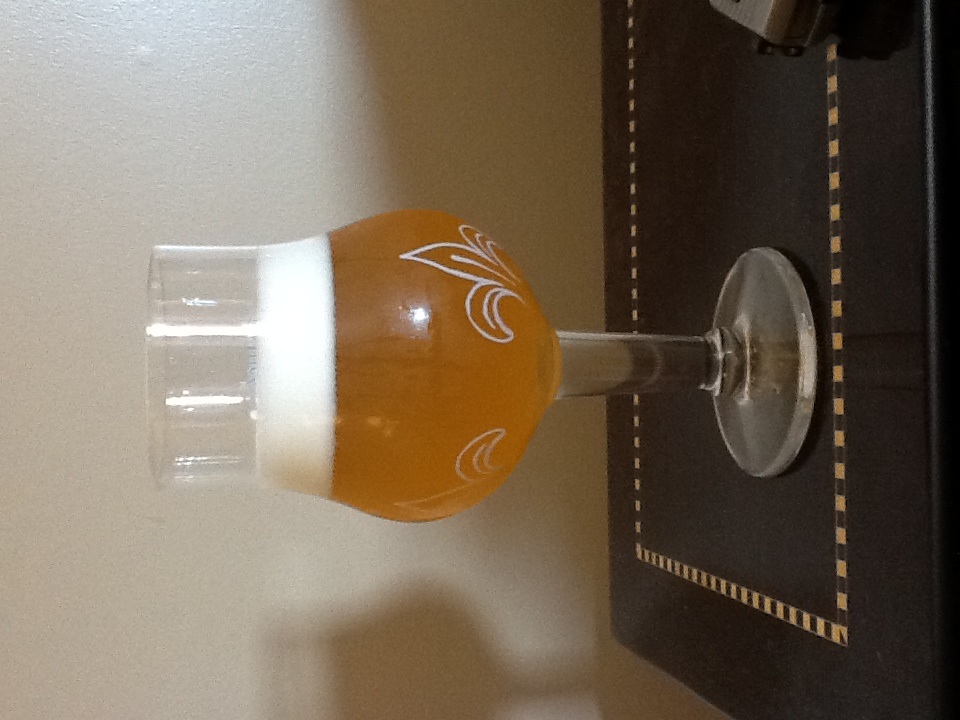Just curious...
What makes people here say, "now thats a saison"? Must it taste like DuPont? Can it have a strong brett character? Can it be sour? All pils/pale or can it be dark? What about no sugar adjunct? What about terminal gravity, what's acceptable now compared to when "Farmhouse Ales" was written?
Maybe this is a question destined to be its own thread.
i believe this does merit its own thread, so let's do this...
for me:What makes people here say, "now thats a saison"?
- strong (some might say overwhelming) fruity ester profile, as well as generally prominent phenolic notes. phenols are more variable than the esters (from medium to high).
- very, very high attenuation. i can't think of a beer style that is dryer that doesn't involve bugs.
- high carbonation
reading my own criteria above, i ask myself: how is this different than a tripel? i know it when i taste it, but the above could apply to tripels as well. the main difference that comes to mind is the ester profile.
nope, but it is the archetype. dupont has a fairly unique taste, there really aren't many other saison that taste like it. it's weird that a style has a unique archetype.Must it taste like DuPont?
yes, and one can rightfully point out that brett'ed or soured saison are probably closer to the origins of the style than today's "clean" saisons. but the BJCP seems to think that brett and bugs need to be kept to a minimum, which is a shame.Can it have a strong brett character? Can it be sour?
i'm kinda on the fence about that one. i like the "historical" definition of saison/farmhouse*, where farmers used whatever they had on hand to make a beer. so on the one hand, sure, why not dark malts. on the other, how many wallonian farmers had dark malts on hand? saison isn't a malt-driven style for me (with the possible exception of rye), so getting too much contribution from the malts could detract from the yeast.All pils/pale or can it be dark?
*there's another kettle of fish... saison vs. farmhouse - is there a difference? what is an "american farmhouse" and how is it different from other farmhouse ales?
it's less about the use of adjuncts or not, and more about the high attenuation. if you can dry out a beer that low without sugars, more power to you.What about no sugar adjunct?
confession: i haven't read "farmhouse ales", so i'm not sure what is written there... what does the author suggest as acceptable numbers/ranges? personally, i aim for 1.005 or lower.What about terminal gravity, what's acceptable now compared to when "Farmhouse Ales" was written?




